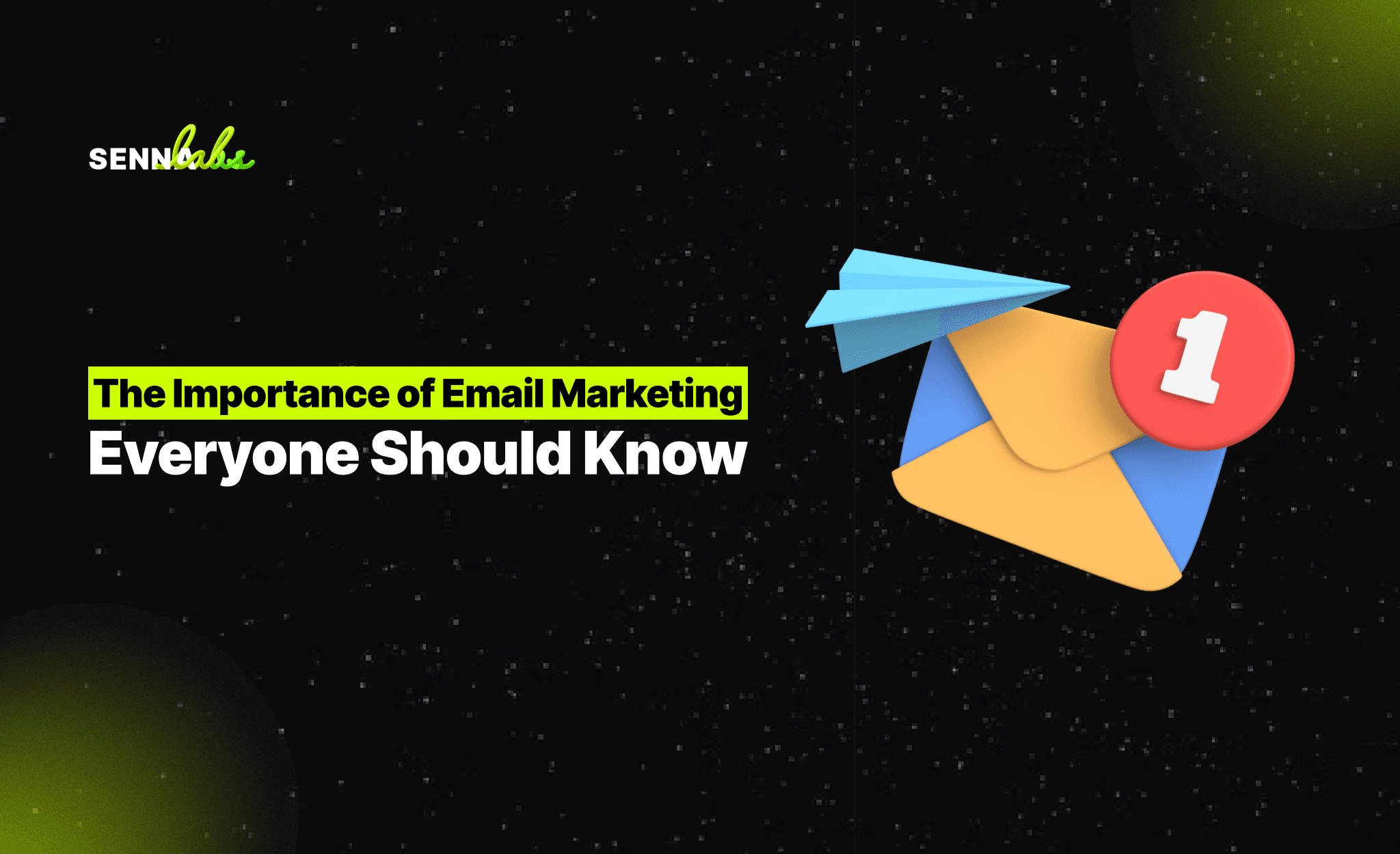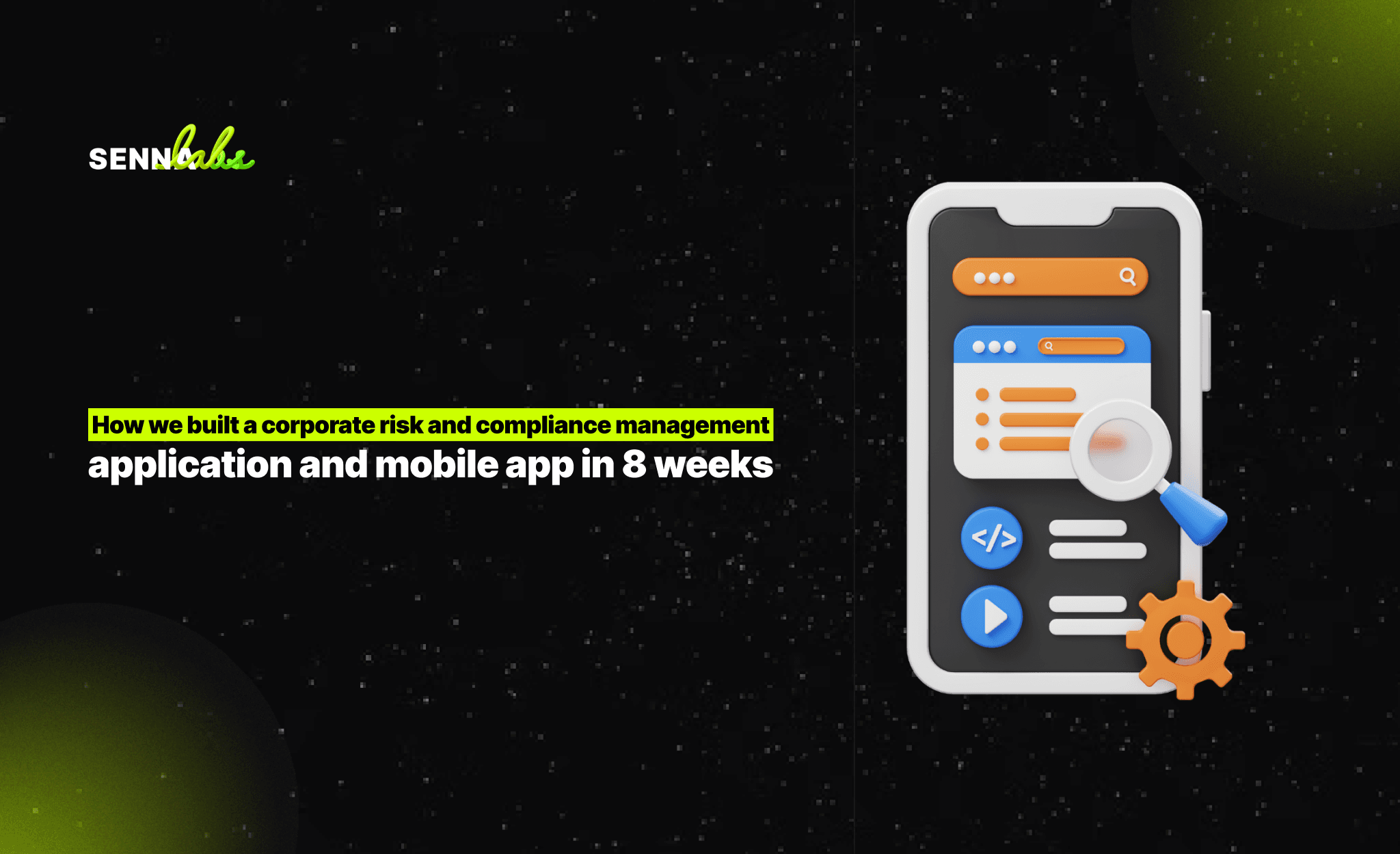What Are Meta Tags and Why Do They Matter for SEO?
Share

When you think of SEO, your mind probably goes straight to keywords, backlinks, and content strategy. But there’s a behind-the-scenes element that plays a big role in how your site performs in search engine results—and that’s the use of meta tags.
Meta tags may not be visible on the page itself, but they help search engines understand what your page is about. Used correctly, they can improve your site’s visibility, boost click-through rates, and help drive more of the right traffic to your content.
In this article, we’ll explain what meta tags are, why they matter for SEO, the types you should focus on, and how a small change helped a restaurant website significantly improve its performance on Google.

What Are Meta Tags?
Meta tags are short pieces of information that live in the background of your webpage—essentially metadata that describes your page to search engines and browsers.
While users don’t see meta tags on the page itself, they often influence what shows up in Google’s search results—including the title and description you see for each listing.
Meta tags don’t directly appear in the content area of your website, but they play a major role in how search engines interpret and display your page in search results.
Why Are Meta Tags Important for SEO?
Search engines like Google use meta tags to:
-
Understand the topic and relevance of a webpage
-
Determine whether a page should appear in search results
-
Decide how the page should appear in search listings (the preview snippet)
-
Improve the user’s search experience by helping them choose the right result
They also indirectly affect click-through rate (CTR). A compelling meta title and description can entice users to choose your link over others—even if you're not in the #1 position.
The Two Most Important Meta Tags
There are many meta tags, but for most websites, two stand out in importance: the meta title and the meta description.
1. Meta Title
The meta title is the text that appears as the blue, clickable headline in Google search results. It’s also what appears in the browser tab when someone opens your page.
Why it matters:
-
It’s one of the strongest signals Google uses to understand the page topic
-
It influences whether users click through to your site
-
A well-crafted title helps align your page with relevant search queries
Tips for writing effective meta titles:
-
Keep it under 60 characters so it displays fully
-
Include your primary keyword
-
Make it descriptive and enticing (e.g., “Best Thai Food in Bangkok – Updated Menu & Delivery”)
2. Meta Description
The meta description is the summary text that appears beneath the title in search results. It gives users a quick preview of what to expect.
Why it matters:
-
While it doesn’t directly influence Google rankings, it strongly affects CTR
-
A clear, engaging description can draw more clicks than a higher-ranked competitor
-
It’s an opportunity to highlight benefits, offers, or calls-to-action
Tips for writing effective meta descriptions:
-
Keep it under 155 characters
-
Include a keyword naturally
-
Make it user-focused—answer the question “Why should I click this?”
Other Meta Tags That Support SEO
While title and description are the top priorities, there are other meta tags that may be useful depending on your goals:
-
Meta Robots Tag: Tells search engines whether to index a page or follow its links.
-
Viewport Tag: Helps ensure your site displays properly on mobile devices.
-
Social Media Tags (Open Graph & Twitter Card): Control how your content looks when shared on platforms like Facebook or Twitter.
For most small and medium websites, focusing on meta titles and descriptions will deliver the best return on effort.
Real Use Case: Boosting Clicks for a Restaurant Website
A neighborhood restaurant was struggling to attract visitors to their online menu pages—even though they were ranking decently on Google.
The problem:
-
Every menu page had the same generic meta description.
-
The titles were simply the name of the restaurant, with no indication of what type of food was on each page.
What they did:
-
Customized the meta title on each menu page with relevant keywords (e.g., “Vegetarian Menu – Authentic Thai Flavors”).
-
Wrote unique meta descriptions for each page, highlighting specific dishes, delivery options, and promotions.
The result:
-
Within a few weeks, their click-through rate increased by 30%.
-
Menu pages started ranking for more specific keywords like “spicy vegetarian Thai dishes” and “Thai lunch specials near me.”
-
More online orders and bookings were coming directly from search results.
This case demonstrates that you don’t always need more traffic—you just need more of the right traffic. Meta tags can help you get it.
Common Mistakes to Avoid
-
Leaving meta tags blank: If you don’t specify a meta description, Google will pull one from your page content—which may not be compelling or clear.
-
Using the same meta tags on every page: Each page should have its own unique title and description.
-
Stuffing keywords: Meta tags should be readable and natural, not overloaded with keywords.
-
Too long or too short: Meta tags that are too long get cut off; too short, and they may not convey enough value.
How to Check and Improve Your Meta Tags
You can check your meta tags using:
-
Google Search Console (see the “Performance” and “Coverage” reports)
-
Browser preview (right-click → "View Page Source" or use browser extensions)
-
SEO tools like Ahrefs, SEMrush, or Screaming Frog
Set a routine to review your top pages and optimize meta tags where necessary. Even minor tweaks can result in meaningful improvements in CTR and engagement.
Final Thoughts
Meta tags may seem like a small detail in your SEO strategy, but they serve a big purpose: they tell Google and users why your page is relevant—and why it’s worth clicking.
Think of them as your website’s first impression in the search results. Make it count.
Whether you’re a restaurant, an online store, or a blog, crafting effective meta tags can give your site a competitive edge without spending a dollar on ads.
It’s one of the simplest ways to improve your visibility—and it starts with just a few lines of text.

Share

Keep me postedto follow product news, latest in technology, solutions, and updates
Related articles
Explore all


